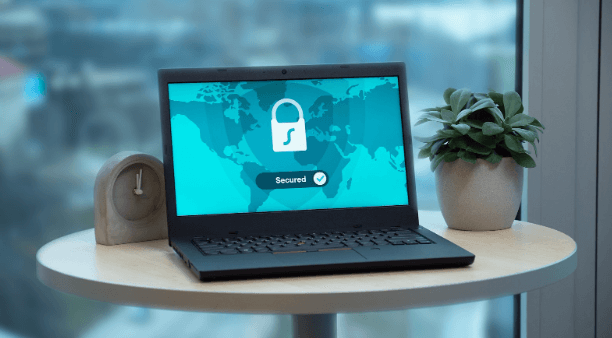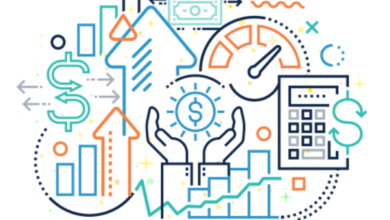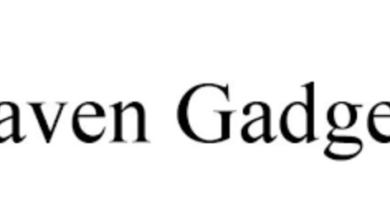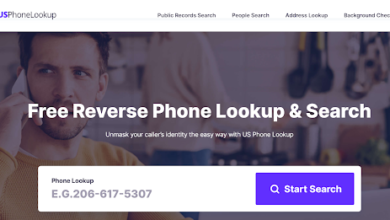Everything you need to know about online privacy

The increasing number of hackers has led to a higher ratio of cyber crimes and security breaches. Even big online giants like Facebook are facing threats due to which they have emphasized healthy privacy habits.
A common mistake that most users and businesses make is that they expose their private information while they are performing online activities. This is because they either do not use proper security practices or unknowingly fall prey to phishing scams and identity hacks.
In order to avoid such spam and risks, there are some things you must consider to maintain your online privacy:
- Try not to share everything online.
For a more secure online experience, you must minimize sharing your personal details. What you can do is remove excessive personal data from your profiles. This includes your location, birth dates, and addresses.
If you do not want to remove all your personal details then try to lessen the number of people who are allowed to view what you share on social platforms.
- Avoid saving financial information on shopping websites.
A common mistake that most of us make is that we save our financial information on shopping websites just because we are too lazy to enter it again and again. However, this does save us time but makes us vulnerable to security threats.
What you need to do is when shopping websites ask you to save your financial information, decline it. It is better to spend some extra minutes entering your credit card information all over again rather than getting into spam.
- Utilize unique and complex passwords.
Passwords for your social media and other websites have a very vital role. A common mistake most of us make is to use the same password for all our websites and applications. This makes it easier for hackers to hack your accounts and leads them to your sensitive data.
You can slow down this type of cybercrime and hacking by using unique and complex passwords. Also, be cautious in clicking links that could lead you to spam.
- Lock down your Social Media profiles.
Social media has developed a very bad habit amongst everyone. It is to overshare things on social platforms. Users add their numbers and post pictures of their lifestyle, children, houses, etc unknowingly that this could be dangerous for them.
However, we would not advise you to stop sharing but we would advise you to be cautious. Make sure you have your profiles locked and only your friends can view your posted pictures and personal details.
- Get a tracker blocking tool.
A tracker blocking tool blocks ads and popups. It is a very useful tool that helps in avoiding the accumulation and collection of private browsing data. Moreover, it also gives users the advantage of speeding up the page loading time.
You can install tracker blocking tools easily. There are various tools available online. One of them is Ghostery.
- Utilize a VPN (Virtual Private Network).
A Virtual Private Network is very important nowadays. Users can benefit from a VPN in many ways. If you get a VPN from a well-known software provider you will notice an increase in your online privacy.
Moreover, when you use a cheap VPN in conjunction with some selected Web browsers and search engines such as DuckDuckGo and Firefox. This will help you stay invisible online and keep your identity safe.
You can find the best VPN comparisons online that would help you choose the right VPN for your requirements.
- Establish Smart Habits.
There are various everyday habits that we carry on with, without realizing that it is dangerous for us. This includes the use of public Wi-Fi. When we use public Wi-Fi the traffic is intercepted which makes it dangerous.
Instead, we should use a hot spot. However, if you can’t avoid using public Wi-Fi, you can use a VPN to protect your traffic.
- Use Antivirus Software.
Antivirus software is very essential for online security and privacy. You must have it installed and in a running state. It is a vital step towards your online security and privacy because your browsers, OS updates, and app stores have a lot of software running in the background and you cannot keep track of them all. Bloatware and Malware can spy on them which is why you must have a robust antivirus.
- Manage Cookies mindfully.
For a secure and protected online experience, you must manage your cookies. These are little pieces of data which are stored on your computer. They let your computers save user data and passwords.
Cookies can let companies track potential clients which is risky at times. However, the benefit we get from them is the convenience of logins. It is advisable to filter the cookies and delete them if they are carrying personal information.
- Do not give your private information to companies.
For a more secure and protected online experience, you should not say, enter, or store any personal information online. There is always a chance that whatever you write, email, or message may become public intentionally or unintentionally at some point.
If you want to store something or share something digitally then you must encrypt it rather than relying on any online services.
Conclusion
Online privacy is a big dilemma these days as every step we take online is tracked and watched by others. Nothing is private with the huge amounts of personal data shared by users on social media, shopping sites etc. In such circumstances, we can protect our online activities and data through some vigilant steps like using a VPN, blocking tools, and not sharing everything with everyone online.





